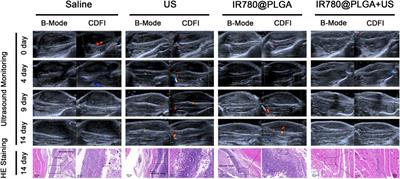ORIGINAL RESEARCH
Published on 21 Sep 2022
A mitochondria-targeted nano-platform for pancreatic cancer therapy

doi 10.3389/fchem.2022.951434
- 2,067 views
- 5 citations
7,050
Total downloads
30k
Total views and downloads
You will be redirected to our submission process.
ORIGINAL RESEARCH
Published on 21 Sep 2022

ORIGINAL RESEARCH
Published on 15 Sep 2022
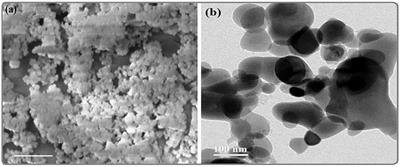
REVIEW
Published on 12 Sep 2022

ORIGINAL RESEARCH
Published on 11 Aug 2022
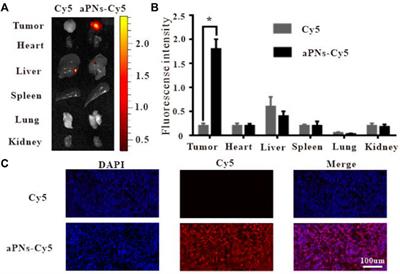
ORIGINAL RESEARCH
Published on 12 Apr 2022
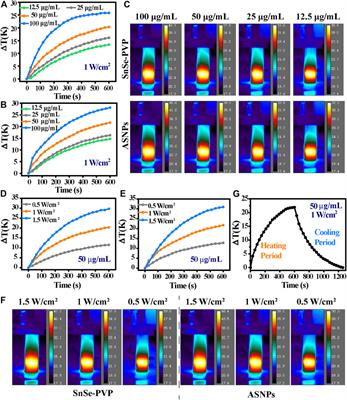
ORIGINAL RESEARCH
Published on 08 Mar 2022
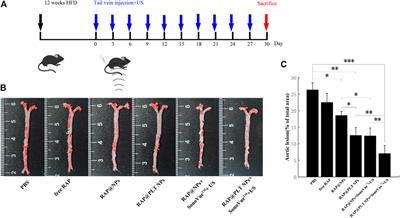
ORIGINAL RESEARCH
Published on 15 Feb 2022
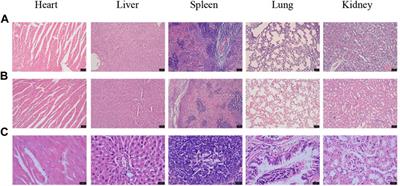
ORIGINAL RESEARCH
Published on 24 Jan 2022
